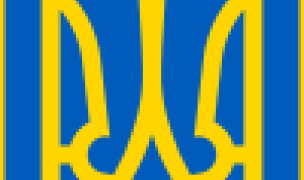 21 Terms
21 TermsHome > Industry/Domain > Biology; Medical > Human genome
Human genome
The human genome consists of 23 chromosome and the small mitochondrial DNA. 22 of the 23 chromosomes are autosomal chromosome pairs and the last one being a gender-determining pair. In total, the human genome contains the sequences of the 3 billion chemical base pairs that make up human DNA and approximately 20,000-25,000 genes. By understanding human genome, scientists are able to develop new medical applications that can significantly advance the state of health care.
Contributors in Human genome
Human genome
graft-versus-host disease
Medical; Human genome
1) A reaction of donated stem cells against the patient's tissue. 2) A bodily condition that results when T cells from a usually allogeneic tissue or organ transplant and especially a bone marrow ...
hermaphrodite
Medical; Human genome
1) An organism having both male and female sexual characteristics and organs. 2) An abnormal individual especially among the higher vertebrates having both male and female reproductive organs -- ...
haplotype map (HapMap)
Medical; Human genome
The nickname of the International HapMap Project, an international project that seeks to relate variations in human DNA sequences with genes associated with health. A haplotype is a set of DNA ...
homologous chromosomes
Medical; Human genome
The two chromosomes from a particular pair, normally one inherited from the mother and one from the father, containing the same genetic loci in the same order.
hydrocephalus
Medical; Human genome
1) Excessive accumulation of cerebrospinal fluid within the cranium which may be a congenital or acquired disorder; hydrocephalus ex-vacuo refers to ventricular dilation that occurs as a result of ...


